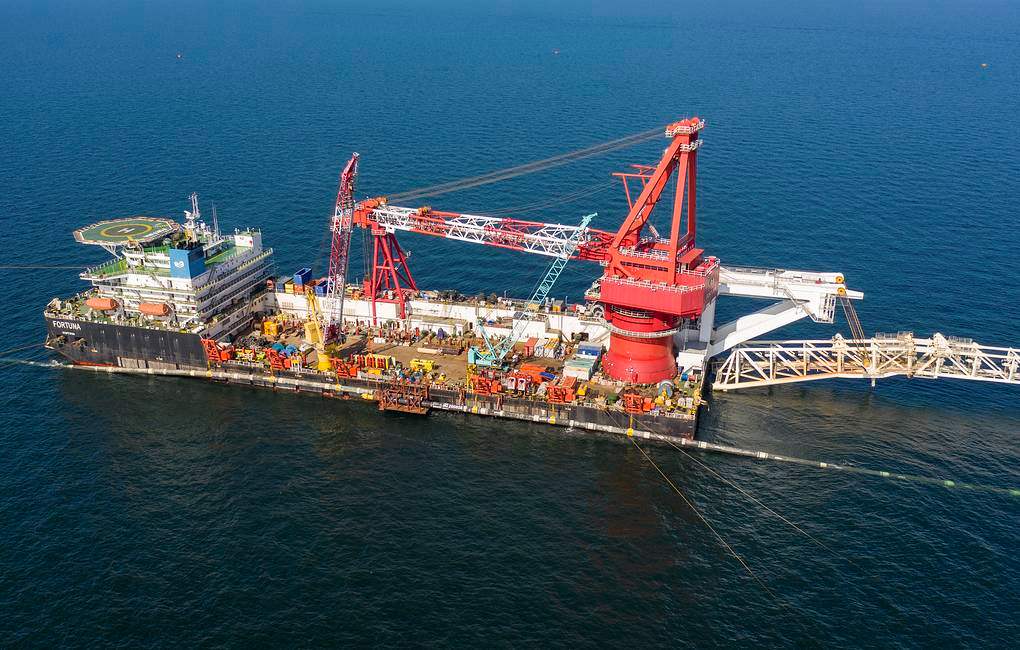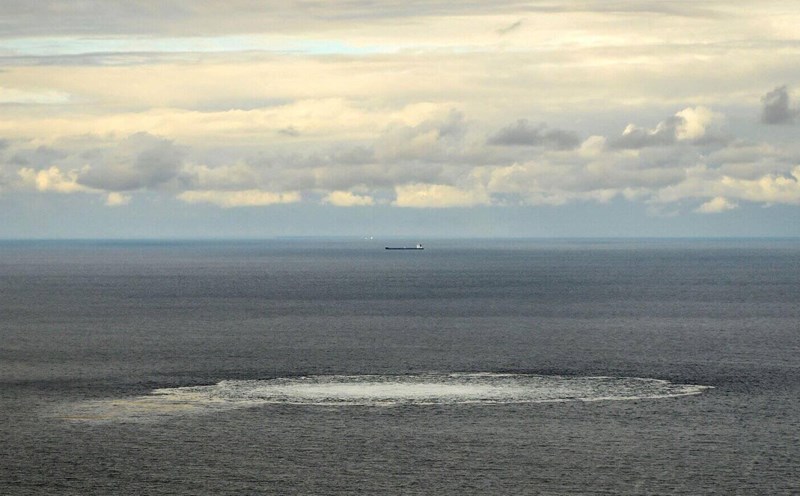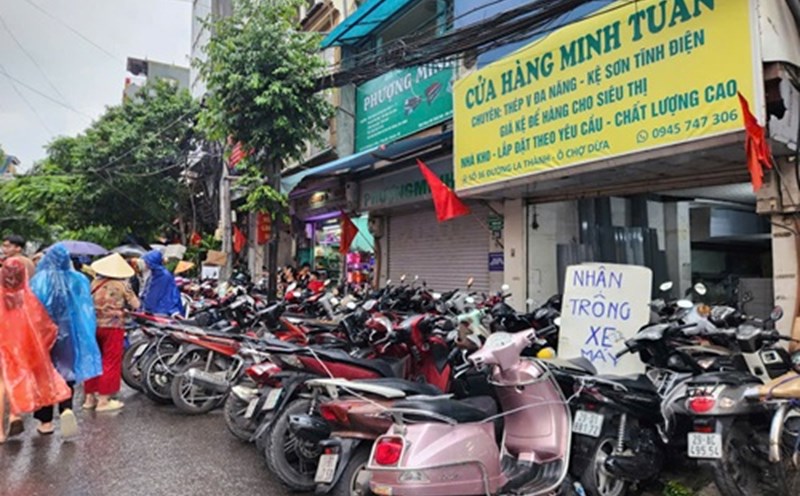A Ukrainian citizen has just been arrested in Italy under a German wanted notice on suspicion of being involved in the Nord Stream pipeline explosion in 2022. This move has put Berlin in an awkward situation: both maintaining support for Kiev and facing the risk of raising doubts about Ukraine's role in the sabotage of European energy infrastructure.
On August 21, Italian police arrested a Ukrainian citizen near Rimini after receiving a European wanted notice from the German Federal Public Prosecutor's Office. German and Russian media identified the suspect as Sergey Kuznetsov, who was accused of coordinating the planting of explosives that damaged three branches of Nord Stream 1 and Nord Stream 2 off the Danish island of Bornholm in September 2022.
According to the investigation results, the sabotage group used the Andromeda yacht, departing from the port of Rostock (Germany), to conduct the campaign. German Justice Minister Stefanie Hubig called the arrest an impressive achievement and said the suspect would soon be extradited to Germany for questioning.
Italy's Il Fatto Quotidiano newspaper said that the Bologna court considered the defendants' actions against Sergey Kuznetsov equivalent to the crime of explosives terrorism under the Italian Penal Code. The arrest warrant was issued by Germany on August 18 and the next trial to consider extradition is scheduled for September 3.
Kuznetsov has denied involvement, refused to voluntarily be deported to Germany and continues to be detained.

What makes Germany upset is the possibility that the suspect has links to the Ukrainian government or intelligence agencies. German media such as ARD and Die Zeit said that Kuznetsov may have been the commander of the 7-man group on the Andromeda yacht.
The Italian newspaper revealed that Kuznetsov owns another document under the name Sergey Kulinich issued by a Ukrainian agency, raising suspicions of involvement in the Kiev operation. Some sources even say that Kuznetsov worked for Ukrainian intelligence until 2015.
If this information is verified, Germany will have to face a sensitive question: Is a country receiving huge aid from Berlin directly involved in the sabotage of strategic infrastructure in Europe?
It is unreasonable for Germany to spend billions of euros on Ukraine but never ask President Zelensky for an explanation, said Sevim Dagdelen, a foreign expert with the Sahra Wagenknecht Alliance. She even called for compensation.
Meanwhile, Green Party member Konstantin von Notz warned against falling into conspiratory cases and called for confidence in the litigation process. Minister of Justice Hubig also affirmed that Germany's stance on the Russia-Ukraine conflict remains unchanged and Berlin remains politically allies with Kiev.
Russia called the Nord Stream explosion an international terrorist act and accused the US of being behind it. After the Ukrainian suspect was arrested, Moscow asked the UN Security Council to hold an urgent meeting on August 26, saying the German investigation was "long-term and non-transparent".
Germany is currently the only country that is still launching an official investigation, after Sweden and Denmark closed the case. The arrest of the Ukrainian suspect is considered a major turning point but also puts Berlin in a dilemma: Either facing the possibility of Kiev being involved, or being criticized for being non-transparent if it continues to delay.











